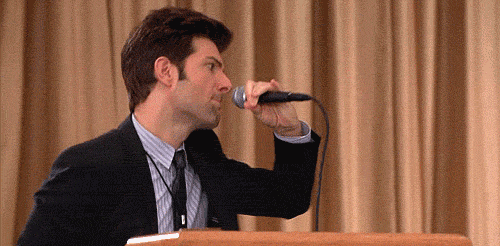Every year as Easter approaches commentary appears about the pagan roots of Easter. Fundamentalist Christians who view all-things-Catholic as an abomination proclaim that Easter is actually a pagan fertility celebration.
Accusations look like this:




This is simply gaga, lala nonsense.
Firstly, the above accusations have their foundation upon a very narrow Anglo-centric objection involving our use of the word "Easter". Most of the Christian world doesn't speak English and doesn't call this holy day "Easter" at all, so the alleged link to a pagan goddess is non-existent for most of Christendom. Most of Christianity refers to Easter as some derivative of the Latin and Greek word Pascha, which references the Passover. In Spanish it's called "Pascuas"; French "Paques"; Afrikaans "Paasfees", Italian "Pasqua", Icelandic "Paska", Turkish "Paskalya....
Secondly, EVEN IF the origins of the Christian celebration are pagan, this is not ominous or sinister in any way. Christianity has taken the pagan meaning and made it holy. Just like Christ took a pagan world and sanctified it. If Fundamentalist Christians can say, "I'll see you at Bible Study tomorrow, Diana!" without inadvertently worshipping the Roman goddess of the woodlands....and can walk down the aisle of their wedding carrying a bouquet without believing she's superstitiously trying to ward off evil spirits... then good Christians can certainly celebrate Easter without unwittingly participating in a pagan fertility rite.
The best apologia I've seen for Easter in these annual "Easter is pagan" wars comes from a member on the Catholic Answers forum named "PrayerWarrior":
I love how some folks think that English is the official language of the ancient world. Not. Come to think of it, English wasn't even the official language of the Church. Why is this important? "Easter" is an English word. In many languages, if not most, the Feast of the Resurrection is named after the Hebrew word Pesach which means passover. In Latin, the official language of the Church for centuries, the word is Pascha. So the fact that the English word may have been derived from a germanic goddess of the spring equinox means pretty much nothing at all. (I, personally, do not think Easter is named for the goddess but rather for April which was Eostremonat. Whoever decided to use the name "Easter" was probably thinking that passover is usually in April and that is why they went with that name---not because april was a month dedicated to the fertility goddess, Oestre.)
By the way, in some light research, I found that Eusebius noted that there were problems with the timing of the feast of the Resurrection around 190ad. This had to do with the Church's celebration of the Resurrection as related to the Jewish celebration of the Passover. So, the issue was clarified by the Council of Nicea in 325. I think we can be confident that it was not called Easter by the Eusebius nor by the Council of Nicea. Nor do we have any reason to believe that the Feast had anything to do with a germanic pagan fertility goddess, since the Feast was well in place prior to the conversion of the germanic people's associated with that particular goddess. The first hints of Christianity among the Germanic people was in about 337. And, as far as England, who borrowed the word from the germans, they didn't convert until even later (according to Bede; the same source who tells us about Oestre)
Bottom line, the Feast of the Resurrection was in place at least in the 2nd century (probably was celebrated from the beginning). The germanic worship of Oestre would have had no bearing on the "creation" of the feast as the germans had not even been converted yet. Oh, and I didn't see any germans as attendees of the Council of Nicea either...
Now if you want to talk about how Easter is celebrated by secular society (and yes, many churches have joined in), it is completely obvious that pagan practices are still alive and well. Eggs are a sign of fertility, for example. However, I would challenge anyone to find a Catholic teaching any where in history, that instructs the faithful to participate in Easter egg hunts...
Thus, any link to pagan rituals (true or alleged) is irrelevant because we aren't pagan anymore, and we have taken these pagan customs and made them Christian.
Also, my understanding is that the reason we celebrate Easter with the custom of eggs is because our Eastern Orthodox brethren fast from meat, dairy and eggs for the ENTIRETY of Lent (not just from meat on Fridays as we do in the Western Church). As hens would continue to be laying eggs throughout Lent, a surplus of these eggs would exist by Easter, and thus, when Easter came, there was a veritable feast of eggs!
So, nothing menacing, malevolent or devil-inspired going on with celebrating Easter with the tradition* (i.e. custom) of enjoying a few dyed hard-boiled eggs.
_________________________
*"tradition" should not be confused with Sacred Tradition. It's simply a custom to have eggs at Easter. It's not part of the Sacred Deposit of the Faith, the Word of God handed down to us through Sacred Tradition. A Catholic can never ever eat a single Easter egg yet still remain a faithful, practicing Catholic!




